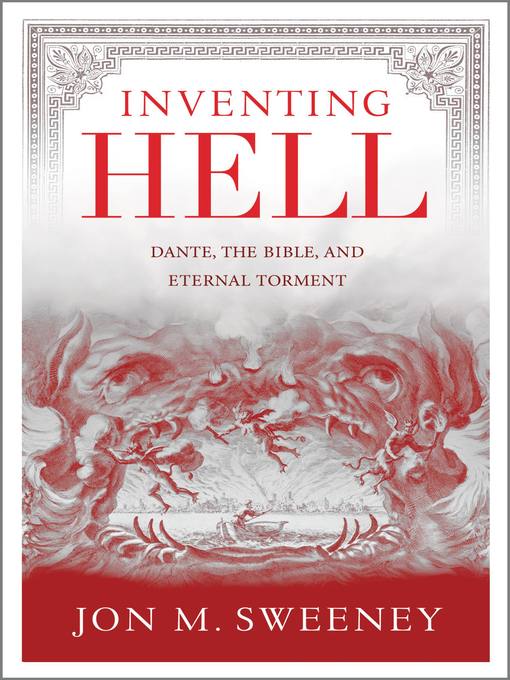
Inventing Hell
Dante, the Bible and Eternal Torment
کتاب های مرتبط
- اطلاعات
- نقد و بررسی
- دیدگاه کاربران
نقد و بررسی

May 12, 2014
Descending into the infernos of mythology, biblical stories, and history, Sweeney (The Pope Who Quit) becomes our Virgil, ably and cannily leading readers through the circles that culminate in the picture of Hell invented by Dante and that Christianity, and western culture, has long embraced. In a humorous voice that sometimes overreaches (“But if you’re asking such questions, don’t be such a ninny!”), he leads us through the concepts of the afterlife that existed before Dante that are found in Virgil and Plato, Islam and ancient Judaism, and various medieval apocalyptic sources, showing the lack of agreement among Christians about Hell prior to Dante. Yet Sweeney persuasively argues that in the 21st century we should read Dante not for his terror-filled allegory of Hell—we have enough of our own hells, according to Sweeney—but because Dante’s Inferno reveals the “pernicious effects of sin on human beings” and encourages examination of life’s most pressing questions in the process of making meaning in life.

June 1, 2014
Independent scholar Sweeney (The Pope Who Quit) concludes this enjoyable little romp through Dante's epic Inferno by saying, "Dante would be pleased if we still feared his vision of Hell." Sweeney creatively argues that the Inferno is the first place where the rather imprecise vision of hell presented in the Bible is fleshed out. "Cleverly using Virgil and lots of funky myth," he writes, "Dante is the one who made eternal punishment exotic and real, as well as Christian." His approach is thematic and popular rather than scholarly and deconstructive. As points of comparison, he notes how the works of Homer, Plato, the Old Testament, the Qur'an, and even Aristotle and Cicero might have helped inform Dante's fleshed-out, more sinister vision of hell. For example, his comparison of the legendary roots of Holy Saturday to the Hades narratives of Odysseus and Orpheus is engaging and provocative, if a little irreverent. VERDICT While there is nothing fresh here for religious scholars, Sweeney offers a bit of fun for spiritual and historical seekers.--Sandra Collins, Byzantine Catholic Seminary Lib., Pittsburgh
Copyright 2014 Library Journal, LLC Used with permission.

























دیدگاه کاربران